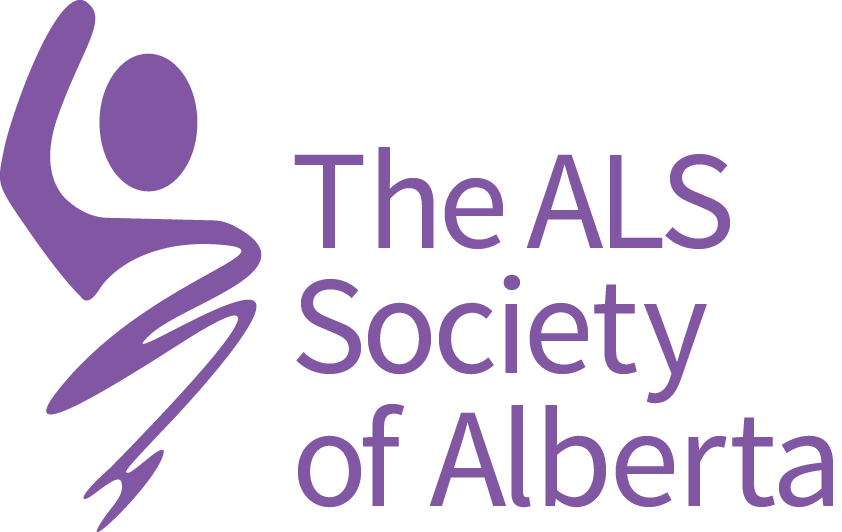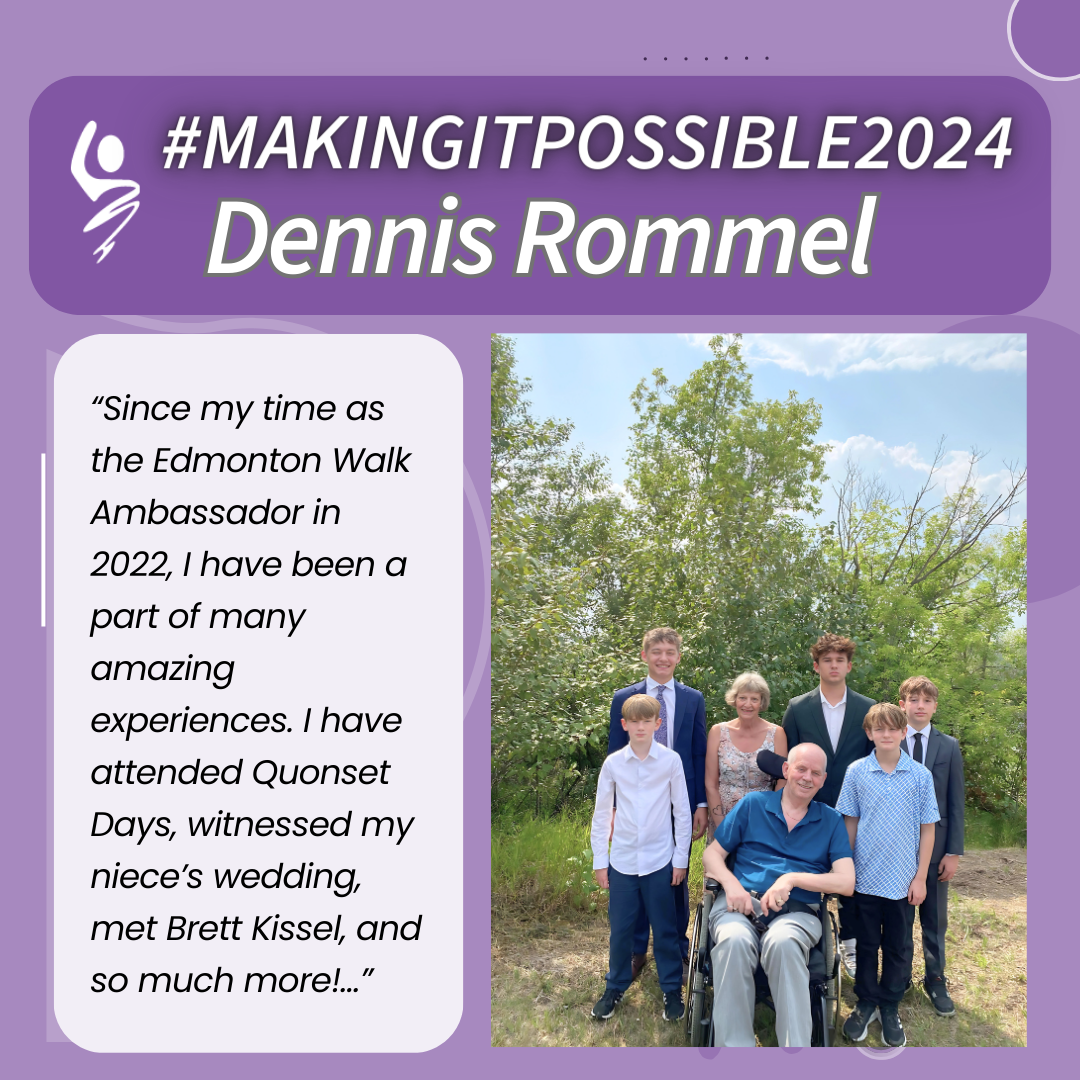My name is Dan, and I’m 42 years old. I’ve been married to my best friend and soulmate, Kate, for 11 years, and together for 13.5. We’ve built a life full of love and laughter with our two amazing kids: Gwen, 9, and Oscar, 4. They are sweet, kind, and the reason I fight every day.
Back in August 2023, I noticed twitching in my arm. I chalked it up to the at-home workouts I’d been doing. But as weeks passed, despite massage, physio, chiropractic treatments, even CT scans and x-rays, the twitching never stopped. On October 16, I had an EMG. Two days later, the neurologist told me something I’ll never forget: “very concerning” results.
On October 18, 2023, I was diagnosed with ALS.
Writing those words still doesn’t feel real. The diagnosis hit like a lifequake. I’ve had moments of deep fear and found myself asking, How the hell am I supposed to handle this? I’ve cried. I’ve questioned everything. But more than anything, I’ve found strength I didn’t know I had. I refuse to let ALS define or consume me.
I’m living this life, like a boss, one day at a time. And I’m not doing it alone. Kate and I are in this together. We’ve cried until we couldn’t breathe and laughed until we cried. We lean on each other because, honestly, we have no other choice. At the end of every day, it always comes back to “just us.” I couldn’t be more grateful that the universe brought her into my life.
Our kids don’t yet understand the gravity of my diagnosis, and I try not to let on that anything is wrong. Their happiness keeps me grounded. When I look into their eyes, I know exactly why I keep showing up every day. They deserve the best of me, for as long as I’m here.
Since my diagnosis, I’ve lost some things that once defined me, like my soccer career. After nearly 40 years of playing, I could no longer stop myself from falling during games. So I hung up my cleats with a smile, scoring two goals in my final match and surrounded by teammates I love like brothers. I also had to step away from my job installing window coverings. My hands just couldn’t hold tools anymore. It wasn’t the retirement we planned for, but there are bright sides: more time with the kids in the morning and more time with Kate, whose workshop is based at home. Being close to her is one of my favorite things.
But ALS just keeps on taking. My grip strength is nearly gone in my left hand, and now it’s starting to go in my right. Speech is slowing, and my legs are growing weaker. I’ve had to say goodbye to things I once took for granted like running after the kids, jumping on the trampoline, tying my shoes, cutting my food. Each of these losses is a harsh reminder of how fleeting life really is.
Still, I fight. I smile. I adapt. I live.
In February, I got a cornflower tattoo, the flower of hope for ALS. Despite its delicate appearance, the cornflower is a tough, resilient plant. It thrives in harsh conditions. That’s what I aim to do too. It’s not easy showing courage every day, but having that symbol on me reminds me to push forward. To persist. To overcome.
In April, with the help of an incredible community, I hosted my first fundraiser: Dan’s Night to Fight – Like a Boss. We raised approximately $40,000 for the ALS Society of Alberta. I was blown away by the generosity of friends, local businesses, and supporters from all over. Standing at the center of something so powerful and positive was deeply humbling. I’m proud of what we accomplished. And yes, I’m already planning for next year’s event.
Truthfully, it’s been hard since the fundraiser ended. It gave me such a purpose for months, and I’ve been feeling that absence. The physical decline has accelerated. Mentally, it’s been one of the toughest stretches yet. But I’m still here. Still breathing. Still smiling. And that means it’s still a good day to have a great day.
There’s a quote from Lou Gehrig that I come back to often: “Today, I consider myself the luckiest man on the face of the Earth.”
Even now, with ALS, I get it. Because I have love. I have laughter. I have purpose. I have today. And I’m choosing to live it, like a boss. There's no point in rolling over and dying when there's living to do!





























